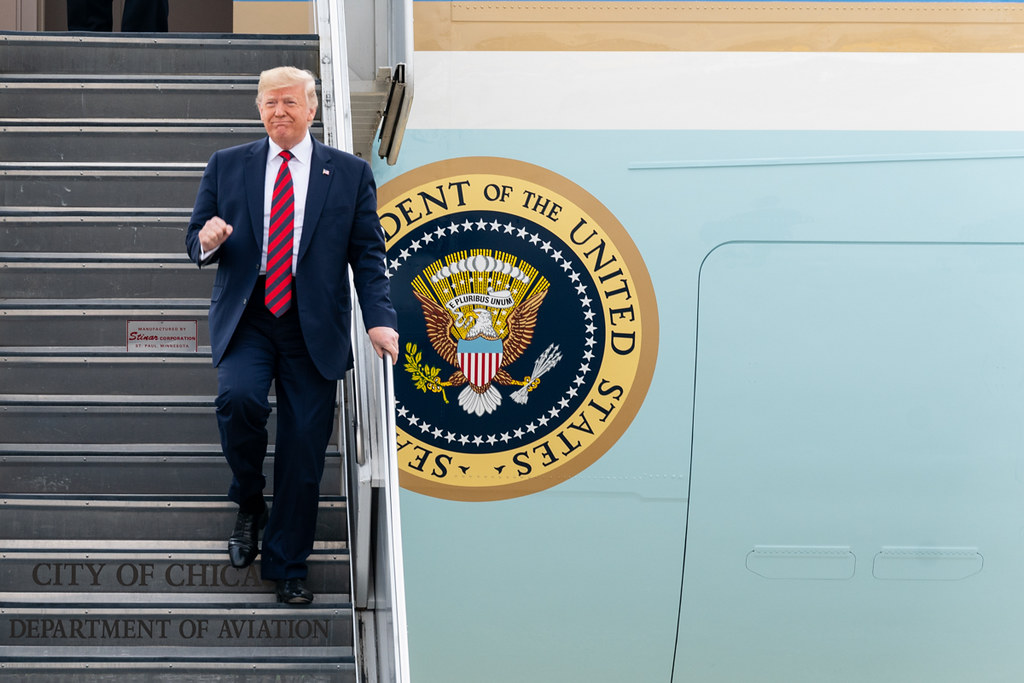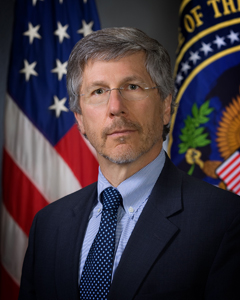Some Relevant Points of Law on Impeachment
For citizens trying to evaluate the evidence they have heard during the proceedings before the House Intelligence Committee, it may be helpful to refer to some of the standard instructions that a jury would be given in a criminal case under similar circumstances.

Published by The Lawfare Institute
in Cooperation With

An impeachment trial is not, of course, a criminal trial, and the rules of law and evidence applicable in criminal trials do not necessarily apply. Nonetheless, for citizens trying to evaluate the evidence they have heard during the proceedings before the House Intelligence Committee, it may be helpful to refer to some of the standard instructions that a jury would be given in a criminal case under similar circumstances. These are taken from “Modern Federal Jury Instructions” by Leonard B. Sand, John S. Siffert, Walter P. Loughlin, Steven A. Reiss, Steven W. Allen, Jed S. Rakoff and David M. Epstein—one of the leading treatises in the area—and have been adapted slightly to the impeachment context.
I have focused on the federal bribery statute in light of comments from Rep. Adam Schiff and others suggesting that bribery would be a principal charge against the president.
Elements of Bribery
In order to find the president guilty of the crime of bribery, the House must prove each of the following elements:
First, that the president, on or about July 25, 2019, demanded, sought or received something of value;
Second, that at that time the president was then a public official; and
Third, that the president did so with the corrupt intent to be influenced in the performance of an official act.
The bribery law makes no distinction between demanding, seeking or receiving a bribe; the mere seeking of a bribe is just as much a violation of the statute as the actual receiving of one.
The thing of value may be tangible property, intangible property, or services, of any dollar value, so long as it has value.
Corrupt intent means simply having an improper motive or purpose. The president must have demanded, sought or received a thing of value with the deliberate purpose of being influenced in the performance of his official duties. This involves conscious wrongdoing, or as it has sometimes been expressed, a bad or evil state of mind.
An official act means any decision or action on any question or matter that may at any time be pending or that may by law be brought before any public official in his official capacity or in his place of trust.
Credibility of Witnesses
The House and the president are asking you to draw very different conclusions about various factual issues in the case. Deciding these issues will involve making judgments about the testimony of the witnesses you have listened to and observed. In making these judgments, you should carefully scrutinize all of the testimony of each witness, the circumstances under which each witness testified, and any other matter in evidence that may help you to decide the truth and the importance of each witness’s testimony.
Your decision whether or not to believe a witness may depend on how that witness impressed you. How did the witness appear? Was the witness candid, frank and forthright; or did the witness seem to be evasive or suspect in some way? How did the way the witness testified on direct examination compare with how the witness testified on cross-examination? Was the witness consistent or contradictory? Did the witness appear to know what he or she was talking about? Did the witness strike you as someone who was trying to report his or her knowledge accurately? These are examples of the kinds of common-sense questions you should ask yourselves in deciding whether a witness is, or is not, truthful.
How much you choose to believe a witness may also be influenced by the witness’s bias. Does the witness have a relationship with the president or the House that may affect how he or she testified? Does the witness have some incentive, loyalty or motive that might cause him or her to shade the truth? Does the witness have some bias, prejudice or hostility that may cause the witness to give you something other than a completely accurate account of the facts he or she testified to?
You should also consider whether a witness had an opportunity to observe the facts he or she testified about. Also, you should consider whether the witness’s recollection of the facts stands up in light of the other evidence in the case.
In other words, what you must try to do in deciding credibility is to size up a person just as you would in any important matter when you are trying to decide if a person is truthful, straightforward, and accurate in his or her recollection.
Indirect Proof: Inferences From Evidence
An inference is not a suspicion or a guess. It is a reasoned, logical decision to conclude that a disputed fact exists on the basis of another fact that you know exists.
There are times when different inferences may be drawn from facts, whether proved by direct or circumstantial evidence. The House asks you to draw one set of inferences, while the president asks you to draw another. It is for you, and you alone, to decide what inferences you will draw.
The process of drawing inferences from facts in evidence is not a matter of guesswork or speculation. An inference is a deduction or conclusion that you are permitted to draw—but not required to draw—from the facts that have been established by either direct or circumstantial evidence. In drawing inferences, you should exercise your common sense.
So, while you are considering the evidence presented to you, you are permitted to draw, from the facts that you find to be proven, such reasonable inferences as would be justified in light of your experience.
Evidence and Witnesses Withheld From the Proceedings
You have heard evidence about witnesses who have not been called to testify. The House has argued that the witnesses could have given important testimony not furnished by other witnesses in this case, and that the president was in the best position to produce these witnesses.
If you find that these witnesses could have given such testimony and were not available to the House to call, you are permitted, but you are not required, to infer that the testimony of the uncalled witnesses would have been unfavorable to the president.
You have also heard testimony that the president refused to comply with lawful congressional subpoenas.
While the president’s refusal to comply with these lawful congressional subpoenas may not be considered by you as a substitute proof of guilt, you may, but need not, infer that the president believed that he was guilty.
Whether evidence of the president’s refusal to comply with congressional subpoenas shows that the president believed that he was guilty and the significance, if any, to be given to such evidence are matters for you to decide.
Destruction or Concealment of Evidence
Willful intent or guilty knowledge may be inferred from the secretive or irregular manner in which a transaction is carried out.
Willful intent or guilty knowledge may be inferred from such conduct as the handling of one’s affairs so as to avoid making records or issuing documents that are usually kept in transactions of a particular kind; or from the failure to keep records or, in fact, any conduct the likely effect of which would be to mislead others or conceal information.
Intimidation of Witnesses
You have heard testimony that the president attempted to intimidate or coerce a witness whom he believed was to be called by the House against him. You may not consider the evidence as a substitute for proof of guilt in this case.
However, if you find that the president did coerce or intimidate a witness whom he believed the House was going to call, you may, but are not required to, infer that the president believed that he was guilty of the crime for which he is here charged.
Whether evidence of the president’s intimidation or coercion of a witness shows that the president believed that he was guilty of the crime for which he is now charged, and the significance, if any, to be given to such evidence, is for you to decide.





